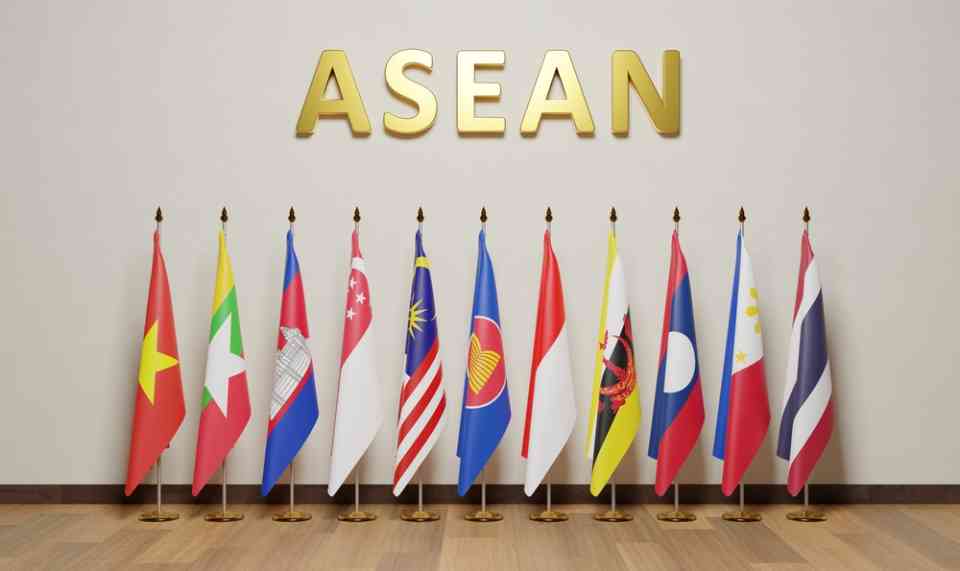ASEAN on Track to Become the World’s Fourth-Largest Economy by 2030

The ASEAN region is projected to advance from the world’s fifth to fourth-largest economy by 2030, with its GDP expected to rise by 51% to $3.8 trillion in 2023 from $2.5 trillion in 2015. This optimistic outlook was shared by ASEAN Economic Community (AEC) Deputy Secretary-General Satvinder Singh during the “Vision 2024: Age of ASEAN” conference, organized by Malaysia’s Ministry of Investment, Trade and Industry (MITI), the ASEAN Business Advisory Council, and the Boston Consulting Group.
Singh highlighted that regional trade had climbed to $3.5 trillion in 2023 from $2.3 trillion in 2015, significantly boosting per capita income. He emphasized that this growth illustrates ASEAN’s ongoing dedication to becoming an open economic region favorable for global trade and investment.
Singh noted that ASEAN is unique in that the region’s trade volume nearly matches its GDP, with intra-Asian trade being the largest component, amounting to approximately $800 trillion. This contrasts with regions like the European Union or the North American Free Trade Area, where most trade occurs among member countries rather than with the global market.
Additionally, Singh pointed out that ASEAN is currently the largest recipient of foreign direct investments in the global south, with a total of about $230 billion. He suggested that the region is poised to attract global supply chains focusing on low-carbon and high-value activities in the near future.
Key growth sectors in ASEAN include semiconductors, agriculture, data equipment, minerals, and the metals industries. Furthermore, ASEAN’s attractiveness is bolstered by technological advancements, with emerging technologies such as 5G, artificial intelligence, and the Internet of Things projected to generate an additional $8 trillion.
Despite these economic strengths, experts have noted that ASEAN must work to lower technology costs and ensure widespread access to technological solutions. Singh also voiced concerns about a potential mismatch in skills, as the number of young workers is expected to decline while the aging workforce increases slightly.
Have you read?
Countries: Powerful Passports.
Countries: Richest.
Countries: Poorest.
Countries: Happiest.
Countries: Life Expectancy.
Bring the best of the CEOWORLD magazine's global journalism to audiences in the United States and around the world. - Add CEOWORLD magazine to your Google News feed.
Follow CEOWORLD magazine headlines on: Google News, LinkedIn, Twitter, and Facebook.
Copyright 2025 The CEOWORLD magazine. All rights reserved. This material (and any extract from it) must not be copied, redistributed or placed on any website, without CEOWORLD magazine' prior written consent. For media queries, please contact: info@ceoworld.biz











